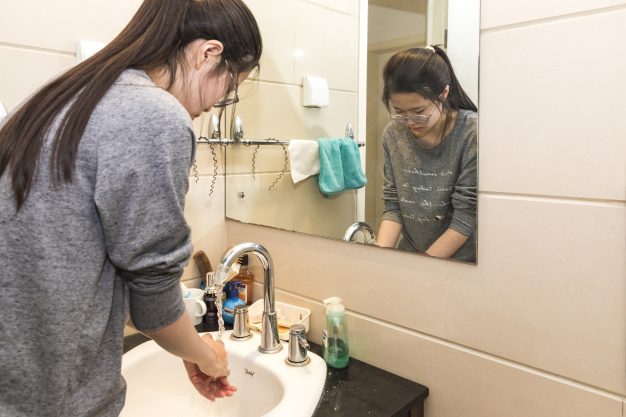
COVID-19 (corona virus) – a message to our readers
THE global COVID-19 (corona virus) pandemic has resulted in an outpouring of information resources regarding the risks and implications for children and young people.
As more and more countries impose strict measures on the movement of people, there are, not surprisingly, many questions being asked by all those concerned with the health, safety and welfare of children and young people. This can be parents, carers, teachers, health and social service professionals, administrators, and many, many others.
Online information resources
Child in the City aims to help you sift through and filter the glut of information currently available, and we are basing our information on that supplied by the key global organisations concerned with children’s rights, such as the World Health Organization (WHO) and the United Nations Childrens’ Fund (UNICEF).
The WHO and UNICEF are working together to maintain a wealth of online information resources dedicated to corona virus. They say that knowing the facts is key to being properly prepared, and that misinformation during a health crisis like the one we now face leaves people unprotected and vulnerable to the disease.
Click here to visit the main WHO page on COVID-19, which includes:
- How to protect yourself, including the use of masks, advice for health workers and readying the workplace
- Individual country and technical guidance, including guidance for schools
- A Q&A and ‘mythbusters’
Despite some reports in the media of children, and even babies, becoming infected with the disease, the WHO’s official advice is that Illness due to COVID-19 infection is generally mild, especially for children and young adults.
Many countries have closed all schools
Older persons and persons with pre-existing medical conditions (such as high blood pressure, heart disease, lung disease, cancer or diabetes) appear to develop serious illness more often than others. Furthermore, about one in every five people who catch it need hospital care. It is therefore quite normal for people to worry about how the COVID-19 outbreak will affect them and their loved ones.
Many countries have now completely closed all schools and childcare facilities, the latest being the Netherlands, and it is almost certain that many more will follow. Some US states have already closed all schools. Each country’s government is maintaining its own online information resources regarding the measures being taken, including, naturally, the implications for those working with children in cities.
Many of our readers will, by the nature of the work they do, already be adapting their work patterns based on official advice in their respective countries. We would welcome any feedback and/or experiences you might have regarding what is happening in your particular area of expertise, so please keep in touch with us at news@childinthecity.org




